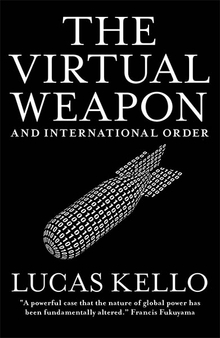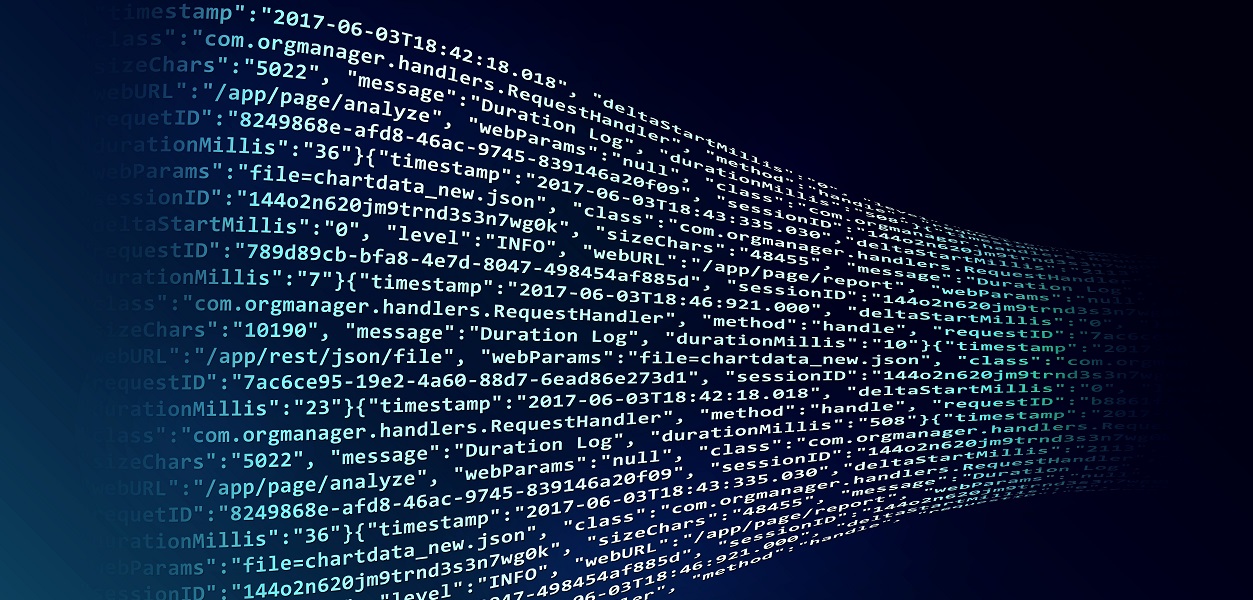Virtual Weapons and International Order
Lucas Kello—
Every historical era begins with a revolution: it comes of age when revolution becomes the new normal. The Reformation began when a disaffected Augustinian friar asked, What authority has the Pope? It achieved its peak when the schism in Christianity became a source not of religious war but of stable social structures. The Romantic period started with the philosophical challenge, What is a state if not also an integral nation? It matured when nationalism in Europe became less a cause of violence than of political cohesion. The present era, too, can be defined by a revolutionary question, one rooted in technology: what limits has space? For cyberspace, a defining motif of our era, smashes the constraints of geography on the speed and range of human action. Never before has technology permeated society so completely or influenced the dealings of states and peoples so intricately as in the present. Yet despite significant experience with the related technology, the cyber age remains in a revolutionary condition. We have yet to master the forces of change that define our times.
The distinguishing feature of revolution is that it challenges not just the rational but also the moral order. Contemporary observers struggle to make sense of both sets of problems as they relate to the virtual weapon of cyberspace – malicious computer code designed to manipulate the functions of machines or else seize, corrupt, or disclose their sensitive data. This lag in understanding is especially acute in the study of international relations, a realm of inquiry whose intellectual fashion is to reject deep change in the states system as an outcome before it is even conceived as a theoretical premise.
Consider, first, the shock to the rational order of interstate relations. The virtual weapon is a recent addition to the arsenal of states, although some nations already regard it as “an integral part” of their armory. Its meaning for interstate strategic dealings is difficult to decipher. Only a limited record of events exists to orient this laborious learning process. The new capability, moreover, is scientifically complex and highly volatile. Even computer specialists do not fully grasp its behavioral properties or the consequences of its use, which may devastate modern society even if they fall below the traditional criterion of interstate violence on which the conventions of international law and diplomacy rest. There is also the problem of the technology’s sheer speed of action. Released from the restrictions of the physical laws of motion, security crises transpire at a pace (often measurable in milliseconds) that even seasoned statesmen find difficult to manage.
Second, and more fundamental, is the disturbance of the moral order. Cyberspace empowers states whose basic goals – sometimes grounded in a revolutionary domestic ideology, other times in the perverse visions of despots – are incompatible with the fundamental purpose of international society: the preservation of a minimum measure of order and peace. More elementally, the technology also empowers nontraditional players – proxy militias, political hacktivists, private corporations, extremist militant groups, and even lone agents – who may seek to undermine the political order, who may reject or fail to understand the complex conditions of peace and stability among states co-existing in the international jungle, and whom the traditional apparatus of diplomacy struggles to absorb because such players are not recognized state entities. New entrants onto the international scene who were traditionally barred from geopolitics are now able to disrupt it, at times decisively, via cyber politics.
Tendencies of chaos among the new players compound familiar problems of anarchy among the old: how to stem the development and proliferation of arms, how to tame their use by an arsenal of rules and norms, how to develop stable expectations of behavior out of uncertainty – in short, how to impose order upon turmoil. The sum result of these shocks to the international order is that a cyber conflict may be difficult to model, regulate, and terminate even among rational state contenders bent on avoiding it.
Despite the peculiar features of security in our times, the tendency of international relations specialists has been to bring the virtual weapon to the rule of conventional statecraft – to deny the existence of the cyber revolution. Skeptics invoke that unfailing servant of intellectual reactionism in the field of international security studies: Carl von Clausewitz. The school of skepticism takes various forms. It elaborates a paradigm of security and conflict that continues to prioritize the physical over the virtual world, interstate violence over sub-threshold conflict, the interests and capabilities of states over unconventional actors. The temptation of political thinkers has been to integrate the new technology into familiar doctrines – the laws of armed conflict, the principles and methods of interstate coercion and conquest, the machinery and logic of military warfighting. The academic enterprise of security studies is far behind the times.
The resulting lag in understanding is not for lack of experience with the related technology. Cyberspace is not a recent invention. It emerged and grew in a series of uneven and partly coinciding stages beginning in the first half of the twentieth century. More than seventy years have passed since the advent of computers (one possible starting point of the cyber age); fifty since the invention of the Internet (a truer point of origin); twenty since the explosive global growth of this information skin, which now envelops almost all aspects of society: governmental, financial, social, even military. Two decades have also elapsed since the first significant malware incident – the Morris worm, which in 1988 impaired thousands of computers and led network operators to partition the Internet4 – awoke computer specialists to the technology’s harmful potential (international relations theorists remain in a deep slumber).Whatever point of origin one selects – and the point is debatable – the current cyber age is well past its first generation of contemporaries. Possibly we are its fourth.
From The Virtual Weapon and International Order by Lucas Kello. Published by Yale University Press in 2019. Reproduced with permission.
Lucas Kello is senior lecturer in international relations at Oxford University, where he also serves as director of the Centre for Technology and Global Affairs.
Further Reading:



























